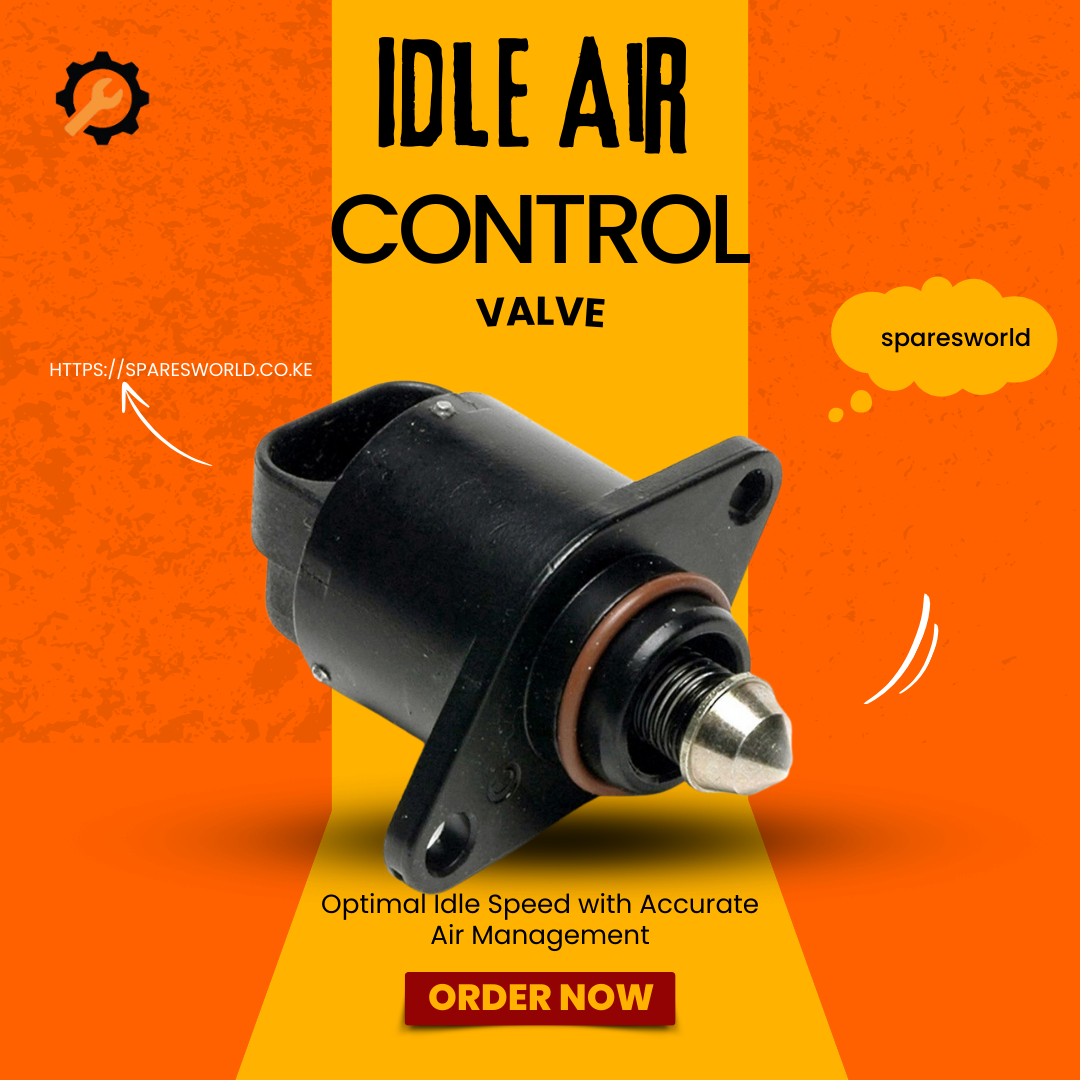Effects of a Bad Idle Air Control Valve on Your Car

Discover how a failing idle air control valve can wreak havoc on your vehicle's performance and what you can do to prevent costly repairs.
Understanding the Role of the Idle Air Control Valve
The idle air control valve (IACV) is an essential component in your car's engine, responsible for regulating the engine's idle speed. It ensures that the engine receives the right amount of air when the throttle is closed, allowing it to maintain a stable idle.
When the throttle plate is closed, the IACV adjusts the airflow to keep the engine running smoothly. This is particularly important when the engine is cold or when additional loads, such as air conditioning or power steering, are applied.
Symptoms of a Faulty Idle Air Control Valve
A malfunctioning idle air control valve can display several symptoms, including erratic idle speeds, stalling, and difficulty starting the engine. You might notice the engine idling too high or too low, or fluctuating between different idle speeds.
Other symptoms include poor acceleration, engine surging, and unexpected increases in RPMs when the vehicle is at a stop. These signs indicate that the IACV is not regulating airflow correctly, leading to an unstable engine performance.
Impact on Vehicle Performance and Fuel Efficiency
A bad idle air control valve can significantly affect your vehicle's performance and fuel efficiency. An unstable idle can cause the engine to run rich or lean, leading to increased fuel consumption and emissions.
Additionally, an improperly functioning IACV can cause the engine to stall unexpectedly, posing safety risks. Over time, the added stress on the engine components can result in more severe damage and costly repairs.
Troubleshooting and Diagnosing Idle Air Control Valve Problems
Diagnosing a faulty idle air control valve involves checking for error codes using an OBD-II scanner. Common codes related to IACV issues include P0505, P0506, and P0507.
Visual inspection of the IACV and its connections can also help identify problems. Look for signs of dirt, carbon buildup, or physical damage to the valve. In some cases, cleaning the IACV can restore its functionality, but if the valve is damaged, replacement may be necessary.
Maintenance Tips to Prevent Idle Air Control Valve Failures
Regular maintenance can help prevent idle air control valve failures. Cleaning the throttle body and IACV periodically can remove carbon deposits and dirt that may interfere with their operation.
Additionally, ensure that all electrical connections are secure and free from corrosion. Routinely checking for vacuum leaks and maintaining other engine components can also contribute to the longevity of the IACV.

 Loading..
Loading..